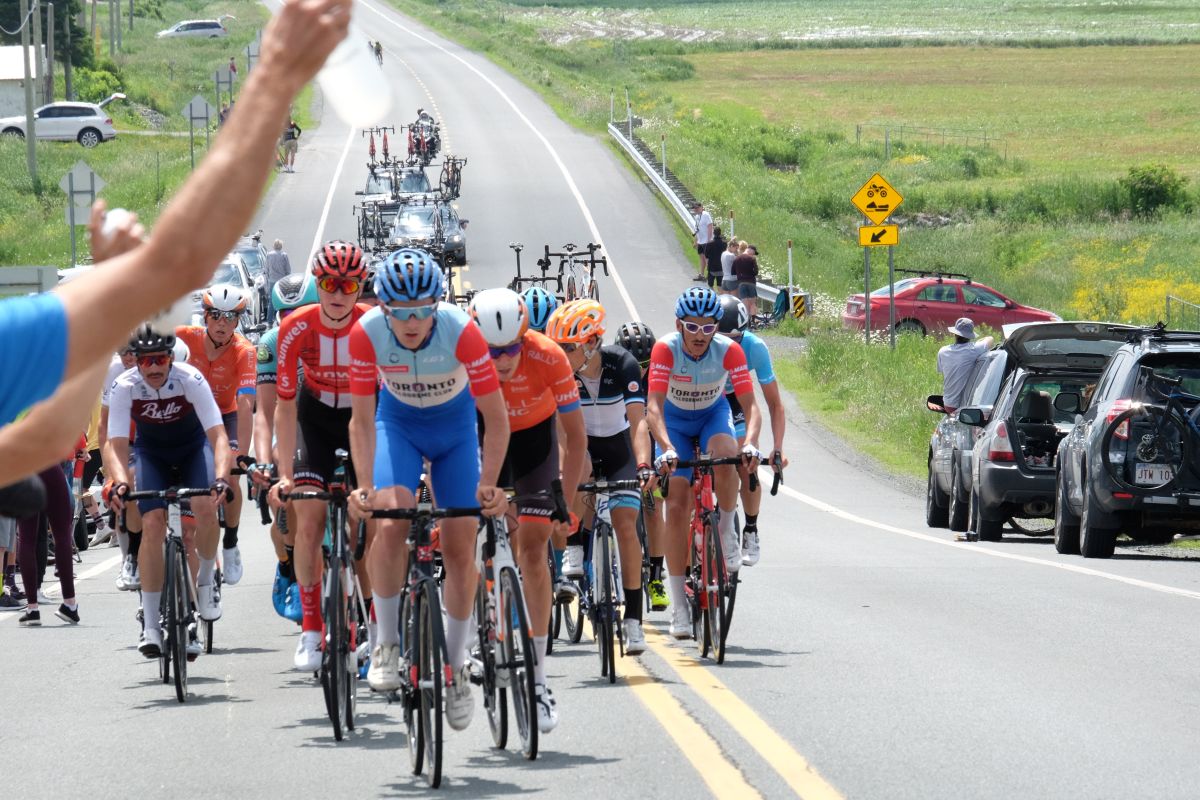Identifying and preventing RED-S for cyclists
Relative energy deficiency in sport is a common condition for endurance athletes

RED-S, or relative energy deficiency in sport, is a common pitfall of athletes, especially endurance athletes. The condition is typically a product of overtraining and underfueling, despite an athlete’s best efforts. Health 4 Performance is an organization that hopes to start conversations on this important topic and encourage clinical research into this area. Cyclists, who are often very focused on their weight as they increase volume and train harder, should be ready to identify and prevent the condition.
Health 4 Performance gathered important information and resources for athletes, coaches, parents and healthcare professionals on the topic, including what to do if you think you or someone you know has developed RED-S.
First, Health4Performance reminds athletes that there are a few other health conditions that can present similarly to RED-S but aren’t, in fact, RED-S. Those include hormone conditions that are unrelated to the effects of training, specific nutrient deficiencies, inflammatory, infective and digestive conditions. All of these can be ruled out through blood tests.
Once other health concerns have been ruled out, a diagnosis can be made using a blood test, possibly in conjunction with a bone scan to check out bone density. Low bone density is one of the key indicators of RED-S.
Overcoming RED-S is a team effort to restore an optimal balance between training, nutrition and recovery. The organization says, “This will need an integrated team effort with your sport/dance doctor, coach/teacher and most likely input from sport nutritionist, or clinical dietician if an eating disorder is present.” While eating disorders can contribute to RED-S, it’s entirely possible to suffer from RED-S without having an eating disorder. On rare occasions, medication can be administered to help with the recovery process in the case of severe bone health issues.
If you’ve been struggling in workouts, having difficulty sleeping and are losing weight, consider getting yourself assessed for RED-S. The earlier RED-S is caught, the easier it is to treat.

